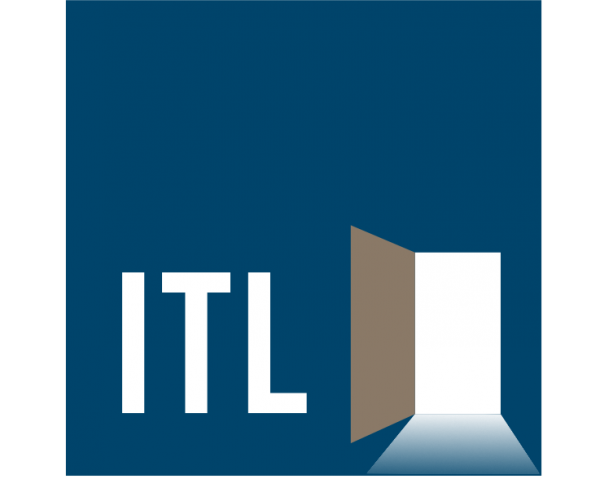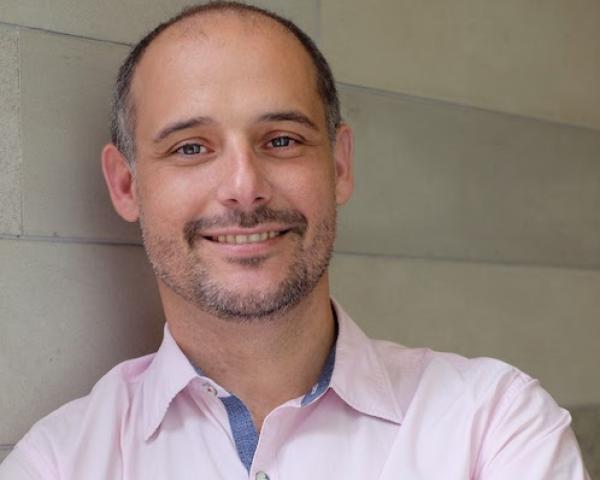ITL:
You’ve been a force in software for agents and brokers for some time now. So, I’ll start by asking, generally, what you see as the state of agencies at the moment and where you think they’re headed. Then I’ll poke a bit.
Jason Keck:
One thing I’ve learned is that if you’ve met one agency, you’ve met one agency. You can’t generalize insurance agents or agencies, and it’s hard to categorize them, as well.
What I have noticed, though, is that larger agencies have institutionalized technology rollout and adoption capabilities. Those agencies are having the most success adopting tools outside of the AMS [agency management system]. In particular with the super-regionals, you have very high-quality, institutionalized adoption. They're very thoughtful and methodical.
As you get into the smaller independent agency channel, it's really a function of the workforce. I don't mean the principals. I mean the actual people with the desks. In some places, you have a whole group of people who are generally younger and more digitally native, and they're very capable with technology. In some places, you don’t. There isn’t a one-size-fits-all answer.
ITL:
If you're running an agency, let’s say an independent agency, how would you think about becoming more efficient?
Keck:
I would first try to understand where my team is spending most of their time, and I’d start by looking at the org structure for the agency. Some agencies are organized by line of business, some by size of business, some by class of business, some by workflow (for instance, new, renewal, service, marketing). Then you have to jump in, searching for where people are spending their time.
Newer agencies are going to be a lot more focused on new business. More established businesses are going to be a lot more focused on renewals.
Once you do the segmentation, you can decide where you’re going to optimize and drive efficiencies. When you figure that out, you ask, what are some of the tools out there to make me better?
ITL:
What are some of the tools out there – other than, Jason’s phone number is…?
Keck:
The payment space is definitely an opportunity. You're seeing a lot of really good adoption there.
But the tools for service are really poor. You have some policy portal and service capabilities, but there’s an opportunity to do a lot better.
The same is true on the commercial rating side. I’m not hearing about anything that’s flying off the shelf. There’s no, “Man, you gotta do this or else.”
ITL:
I'm really curious about service. We publish a lot about it, and the need for improvement seems obvious. Why aren’t the tools better?
Keck:
I haven't seen any good new service technologies in my five years at Broker Buddha. Why? Because CSRs [customer service representatives] are relatively low-cost, and there's a decent amount of mental capacity that has to go into service. Policy changes and endorsements require a lot of hand holding and workflow in the back office. It's hard to build a tool that connects the insured to the broker and to the carrier and facilitates that end-to-end workflow. You don’t just have to build a product for one user group; you have to put together a product that serves three user groups seamlessly and that everybody adopts. That’s really hard.
ITL:
People talk a lot about the need for self-service. It sounds like you're saying self-service may be harder than people think.
Keck:
Some self-service things can be automated, no question. I need to get my policy documents. I need to get my ID card. Tools for those sorts of things are great. But as soon as you head into making a change to your policy, it's harder, right? Who's your policy with? Will there need to be a premium change?
ITL:
Let’s turn to Broker Buddha. What sorts of problems are you guys solving, and where do you think you can go from here?
Keck:
We've been incredibly successful at solving the submission intake problem, particularly around specialty lines. That's our bread and butter, both for new business and renewal. Filling out a PDF sucks whether you’re doing it the first time or having to do it the second time. It's a super, super frustrating experience.
Where are we going from here? The small commercial intake process is an area of white space that nobody's really done a good job of solving for. You're trying to collect information to populate an Acord form. But agents don't know how to complete the form or which questions are necessary to actually get a quote. They don't even know how to explain the questions to their clients! They don't know.
And you also have to populate multiple forms. As an agent, you end up needing to enter the same information on different forms. So, we’ve built a really elegant solution that dynamically loads the forms you need, hides the questions that are irrelevant, defaults answers to the most common responses, uses conditional logic to reveal important questions and generates the PDFs you need when you’re done. Plus, we integrate eSignature into the experience to tie it all together.
That's number one. Number two is something that we overlooked early on but that I'm getting really excited about. Most agents are really familiar with quoting in carrier portals, but the portals are really frustrating. There's a material problem around collecting the information needed to enter into a carrier portal because agents don’t know the questions the carrier asks when they’re talking to their customer. This means that when the agent tries to get the quote, they may not have all the information they need. We’re replicating carrier portal questions to support the intake process so the agent never has to go back to the client a second time for more information.
ITL:
Despite all the talk about disintermediation, it’s clear that agents have won. Where do you see them going if you project out a few years?
Keck:
If you look at something like cyber, you see that the macro landscape is having a material impact on insurance products, coverages and pricing. The agent’s role, in many ways, is to understand the changes and to help clients reduce their risk. That's a full-time job, staying up to speed.
What is and isn't covered on these policies becomes very important, and how much you have to pay for specific endorsements makes a big impact. And that's nuanced stuff.
ITL:
That's pretty much what I wanted to hit. Is there anything I didn't ask about that I should have asked about?
Keck:
Change management needs to be a big focus. We started out with a very robust product for small agencies, then moved up-market to larger agencies. What we're doing now is actually stripping down a lot of what we offer so smaller agencies can more easily adopt it. The key is simplicity, which makes change easier, even for less digitally native agencies.
We're still building out all kinds of workflow tools for larger agencies in complex situations. At the same time, we’re rolling out a simpler solution for smaller agencies that won’t overwhelm them. Solutions have to be turnkey for smaller agencies.
ITL:
Thanks, Jason.









